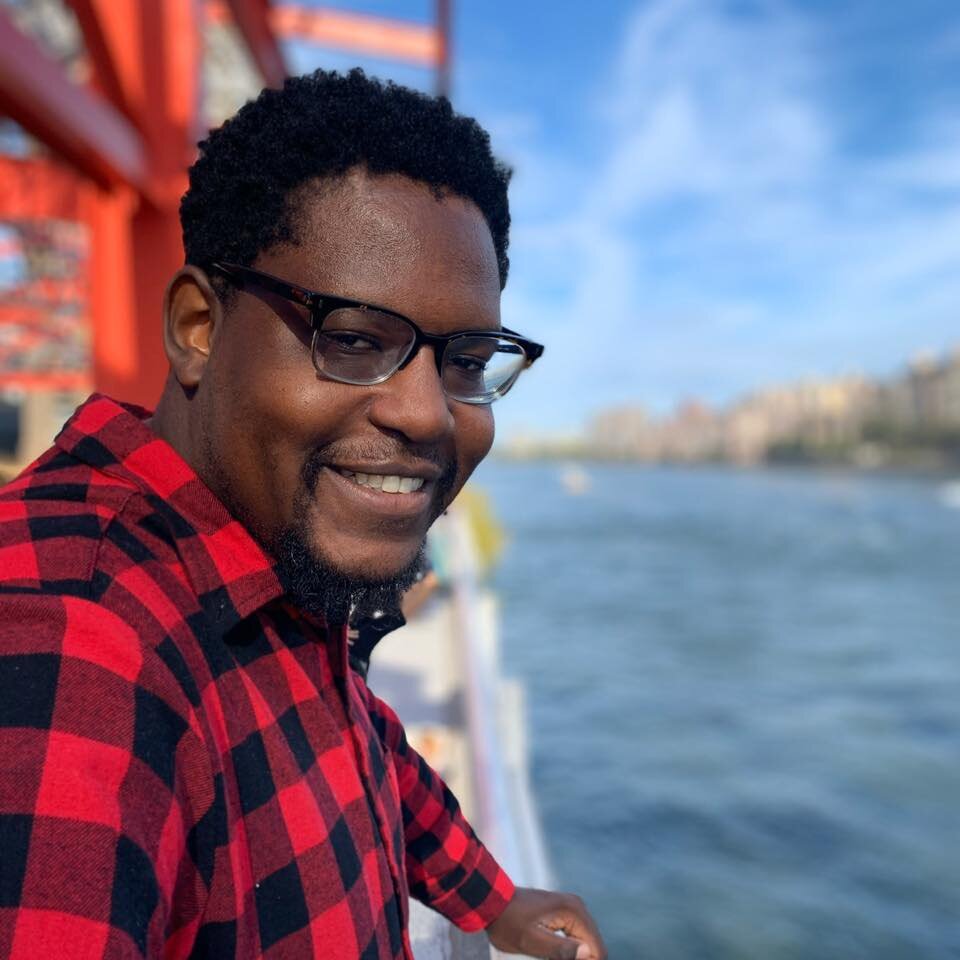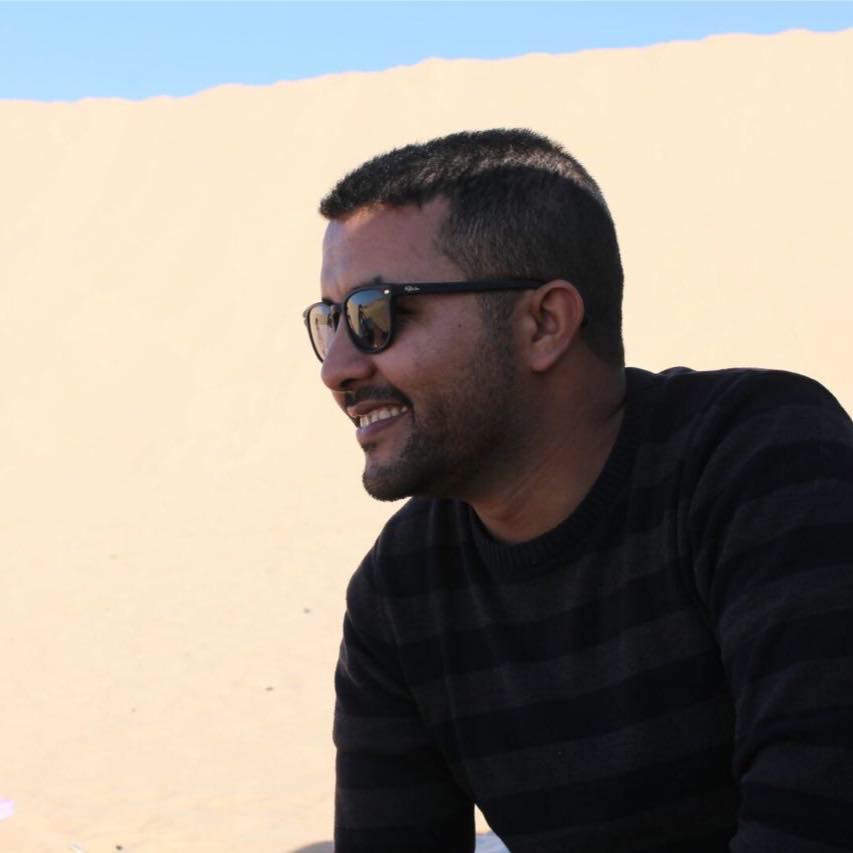What comes to mind when you think of Zimbabwe? Perhaps a generic collection of images from the African continent? Wildlife, poverty, and despotism? Perhaps the long rule of Robert Mugabe, or the astronomical rates of inflation and illness and out-migration that have captured the scant bit of international publicity that the country has received in recent years?
When I traveled to Zimbabwe as a 14-year-old the country changed how I viewed the world and my place in it forever, and while the country has endured much hardship since I visited back in 1992, it remains a place of wonder in my memory as well as a place and a people deserving of more attention than the negative headlines.
When Robert Mugabe’s three decades of rule ended with a military coup in 2017 there were cautious hopes for what this might mean for the fortunes of Zimbabweans. Now two years later the country is still run by his ZANU-PF party, headed now by his former Vice President, and there are worrying signs that Zimbabwe may be edging back towards the type of economic crises that devastated the country in the 2000’s. What will it take for things to change for the better in Zimbabwe? Will the old revolutionary guard that has had a vice grip on power for decades need to be swept away by yet another revolution in order for the country’s fortunes to improve?
Anesu Masube grew up moving around Zimbabwe, so he has the good fortune to call the whole nation his home. We caught up with him in Washington, DC where he currently works as a Technology and International development professional.
Opportunities for Zimbabweans (Anesu is a co-founder)







